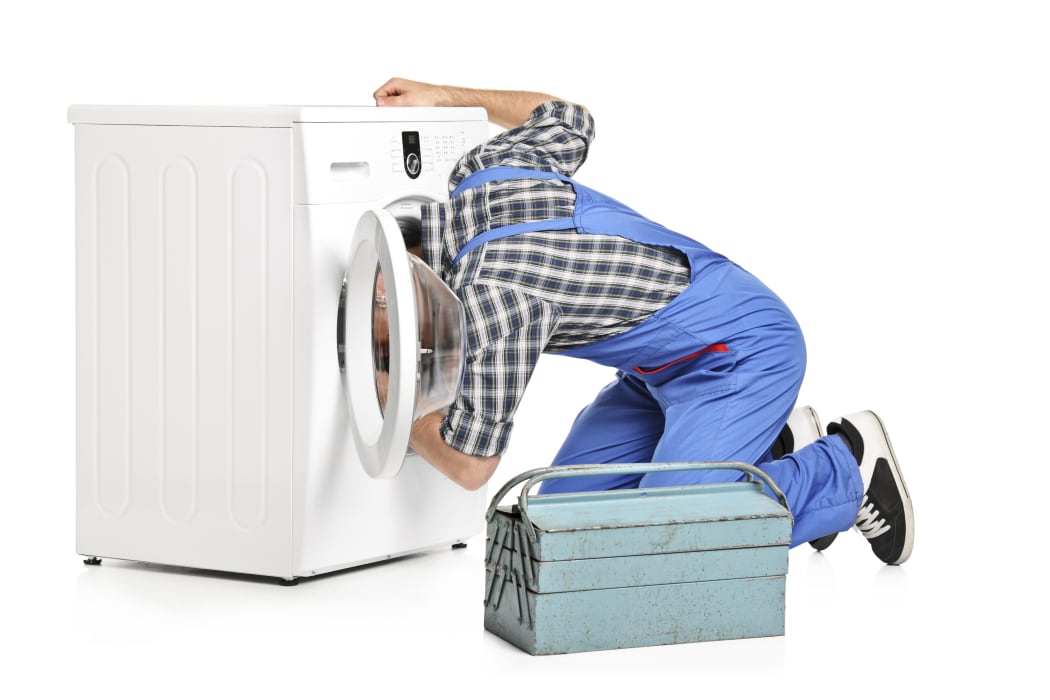Is it true that manufacturers increasingly make household products with a more limited life span than they once did? What should consumers look for when buying new appliances and what can we do to extend their lives?
Paul Smith – head of testing with Consumer New Zealand – has some answers.
Edited interview highlights
Paul Smith: That old adage of ‘you get what you pay for’ – I think you do to a certain extent. We find that generally the more expensive brands tend to last a little bit longer and are more repairable, as well.
Dishwashers have a really hard life, because they get filled with gunk and grease. We tend to run dishwashers on pretty cold cycles now. We put them on eco-cycles which means they use less water. And we don’t clean them out. Pumps get clogged, filters get clogged, and eventually they pack in.
[To clean a dishwasher] put it on a hot cycle, put it on the ‘pots and pans’ cycle a couple of times. Put some dishwasher cleaner or even just Rinse Aid through it on an empty cycle. Manufacturers could be better at prompting us to do that.
If you’re paying 500 bucks for a dishwasher that you know isn’t a high-end brand, reasonably you wouldn’t expect that to last as long as something that you’ve paid $2000 for.
Ovens and cooktops are things that you really don’t want to go wrong… Consumers are pretty clear there. They expect an oven to last 15+ years. Manufacturers are roughly in that range still, maybe a little bit less, but they still expect them to last a fairly long time. With an oven, the thing that really goes wrong that you can’t replace is the fan. That’s when it starts to become quite costly ‘cause that’s a rebuild of the oven in a lot of cases – to put a new fan in. But most things on an oven can be repaired.
Fridges [you can expect to last] about 10 years again. The manufacturers will say 9 to 15.
[New Zealand] is really lucky because we’ve got the Consumer Guarantees Act. The warrantee is nice, but the reasonable expectations are covered by law... It all comes down to the definition of what a reasonable consumer would expect. If you expect something to last seven or eight years, and you are reasonable, then you can go back to the retailer. If you’ve got a major fault say "This hasn’t lasted. It’s up to you to either replace it, refund it…" You can give them the option to repair, as well, but it’s up to you what you want to do with it.
Extended warrantees will be sold as a benefit [to the extent that replacement] is not an issue for the consumer. They’ll say they’ll replace it and they’ll replace it. Whereas with the CGA [Consumer Guarantees Act], it really comes down to you arguing your case. If it comes to it, you go to the disputes tribunal.
We find smaller appliances are reasonably reliable, but not that repairable. Toasters, kettles…
Manufacturers and consumers both say TVs should last about 5 to 8 years. The problem with TVs is not that they break down anymore, because we’ve lost that big cathode ray tube, so they’re incredibly reliable.
Definitely some [brands] are better than others. We find the same names come out – Mieles and Bosch always tend to appear at the top of the reliability charts. A good tip is to ask a repairer "Which brands don’t you have to repair very often? And if you do, which ones can you get the parts for easily?"


